Most seniors overlook these life-altering consequences until it’s too late.
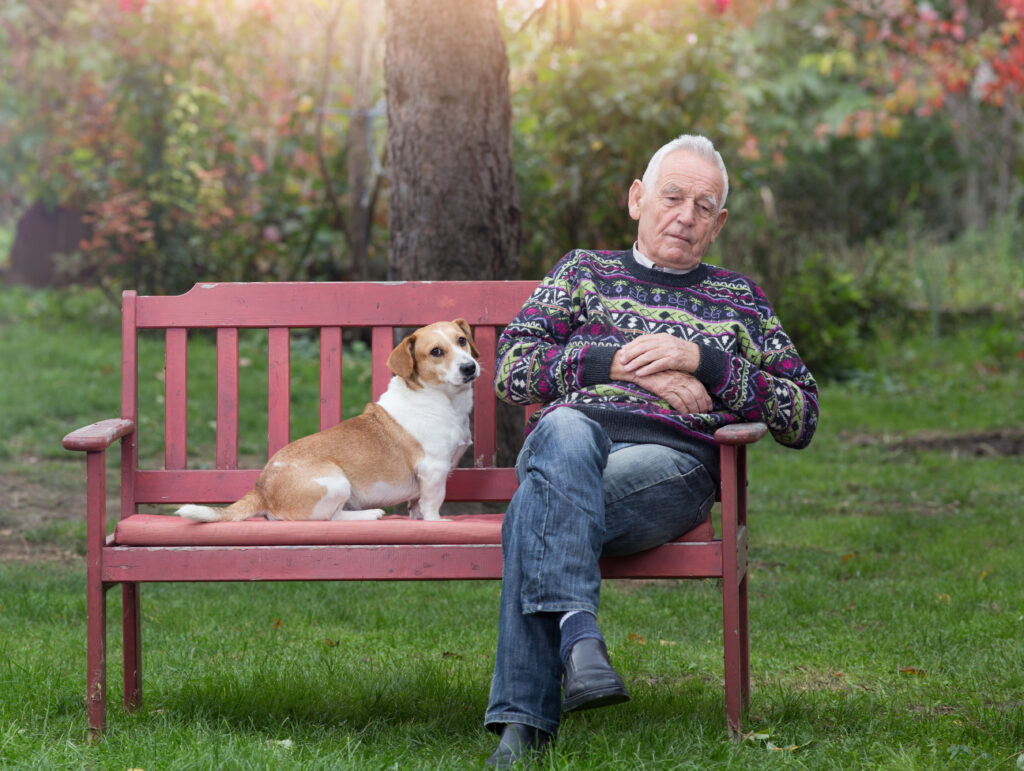
You think getting a dog in retirement will be all tail wags and sunset strolls? It paints such a lovely picture—companionship, unconditional love, and long walks to keep you active. But many retirees jump in without realizing how much responsibility actually comes with adding a dog to their life. The fantasy often overlooks the gritty, daily realities that can reshape your golden years in ways you never anticipated.
From mounting vet expenses to altered travel plans, dog ownership can turn into a complicated juggling act that drains time, energy, and finances. Knowing what you’re truly signing up for can help you avoid major regrets and prepare you for the real experience of pet ownership in retirement.
1. You’ll Spend More Time at the Vet Than at Your Favorite Coffee Shop

Dogs, like people, come with their own set of health challenges. As your furry friend ages, the frequency of vet visits often skyrockets, especially with breed-specific issues or chronic conditions. What starts as a routine checkup can quickly turn into a revolving door of appointments for dental cleanings, allergy shots, joint supplements, and mystery ailments that require expensive diagnostics.
The costs add up faster than you expect. Suddenly, you’re dipping into your retirement savings to cover surprise surgeries, prescription diets, or physical therapy. The emotional toll of worrying about your dog’s health can weigh heavy, too. Instead of leisurely mornings sipping coffee with friends, you may find yourself anxiously sitting in waiting rooms, hoping for good news from the vet tech.
2. Goodbye Lazy Mornings, Hello Dawn Patrol

One of retirement’s biggest perks is slow, peaceful mornings—until you bring a dog into the mix. Dogs are creatures of habit and typically operate on their own internal alarm clocks. Rain or shine, weekday or weekend, they expect to be walked, fed, and entertained early in the morning, often before you’ve even had a chance to open your eyes.
While you may have pictured gentle morning strolls at your leisure, the reality often involves stumbling out of bed half-awake to meet your dog’s eager demands. Those sunrise walks can feel like a military drill, complete with cold weather, wet sidewalks, and barking to prod you along. The luxury of sleeping in becomes a distant memory once a dog joins your household.
3. Vacations Will Turn Into Logistics Nightmares
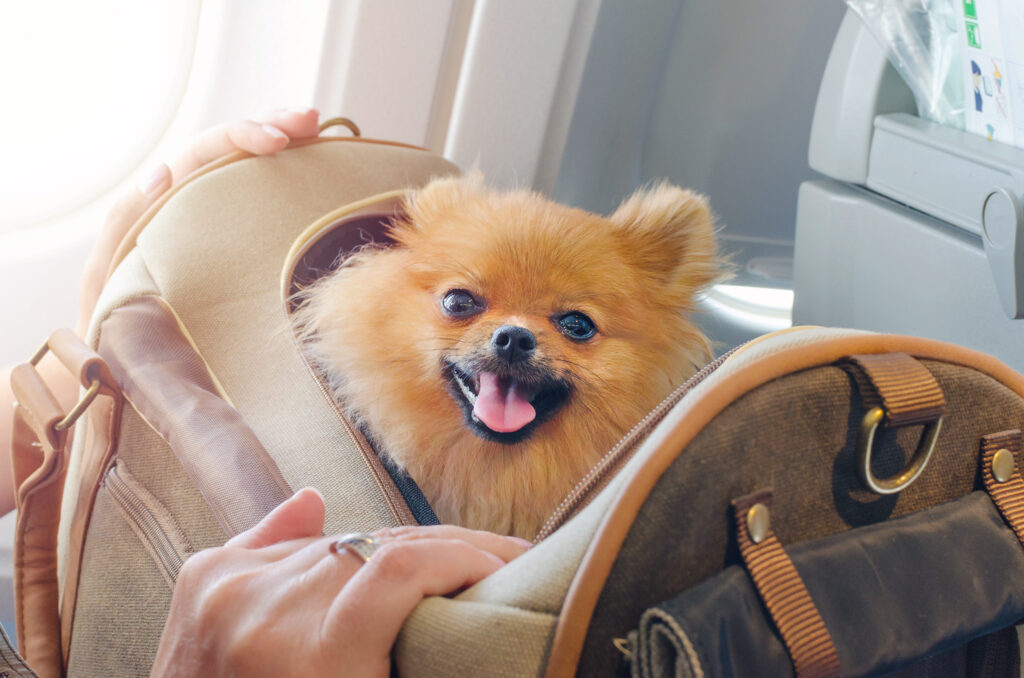
Before pet ownership, planning a spontaneous trip was as easy as picking a destination and packing a bag. But with a dog, every getaway involves a complicated checklist of care arrangements. You’ll need to find pet-friendly accommodations, reliable sitters, or boarding facilities that meet your standards—each option coming with its own challenges and significant costs.
The emotional struggle of leaving your pet behind can also cast a shadow over your vacation. Knowing your dog is anxious or unhappy without you may dampen your experience, turning relaxation into guilt management. For many retirees, these added complications lead to fewer trips, or trips that revolve entirely around the dog’s needs, limiting your freedom more than you anticipated.
4. Say Hello to Hair—Everywhere

No matter how often you vacuum or groom your dog, fur finds its way into every corner of your home. It clings to clothing, blankets, furniture, and even your meals. You may start to wonder if your entire wardrobe needs to match your dog’s coat color just to hide the constant shedding.
The endless battle against fur can feel like a full-time job. Lint rollers, air purifiers, and special vacuums become permanent fixtures in your home. Despite your best efforts, visitors may still spot stray hairs floating through the air or embedded in upholstery, making you feel self-conscious about your once pristine space.
5. Dogs Don’t Understand Budgeting

Retirement often comes with a fixed income, requiring careful financial planning. Unfortunately, dogs don’t care about your budgetary limits. Their needs and emergencies have a way of popping up at the worst possible times, forcing you to reprioritize spending.
From high-quality food and preventive medications to emergency surgeries and professional training, the costs can spiral out of control. Even routine expenses like grooming, pet insurance, and replacing chewed belongings add up quickly. That dream of stretching your savings comfortably through retirement can take a hit if you’re not fully prepared for the financial reality of dog ownership.
6. They’ll Out-Energy You Every Day of the Week
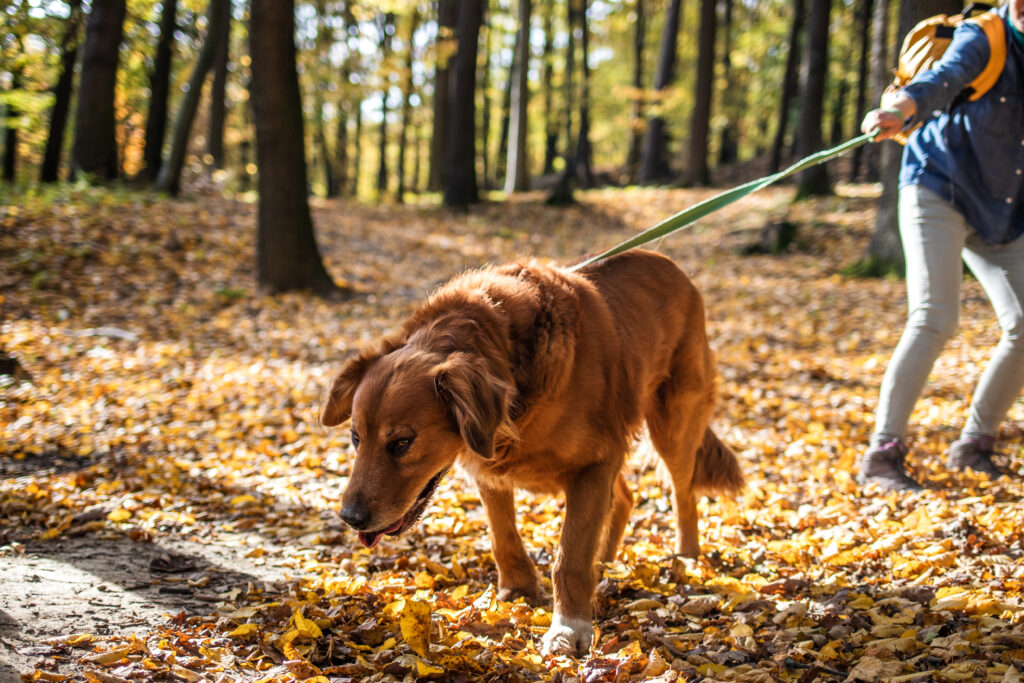
You might envision your dog as a calm companion who enjoys long naps beside you, but many breeds come with an endless supply of energy. Fetch sessions, daily walks, and spontaneous zoomies around the house can leave you exhausted long before your dog even starts to tire.
Keeping up with an energetic dog can feel like a demanding workout regimen, especially as you age. What was intended as a leisurely stroll might turn into a brisk march just to keep pace. Instead of slowing down in retirement, you may find yourself constantly on the move, catering to your dog’s seemingly boundless enthusiasm.
7. Your Social Life Might Take a Hit
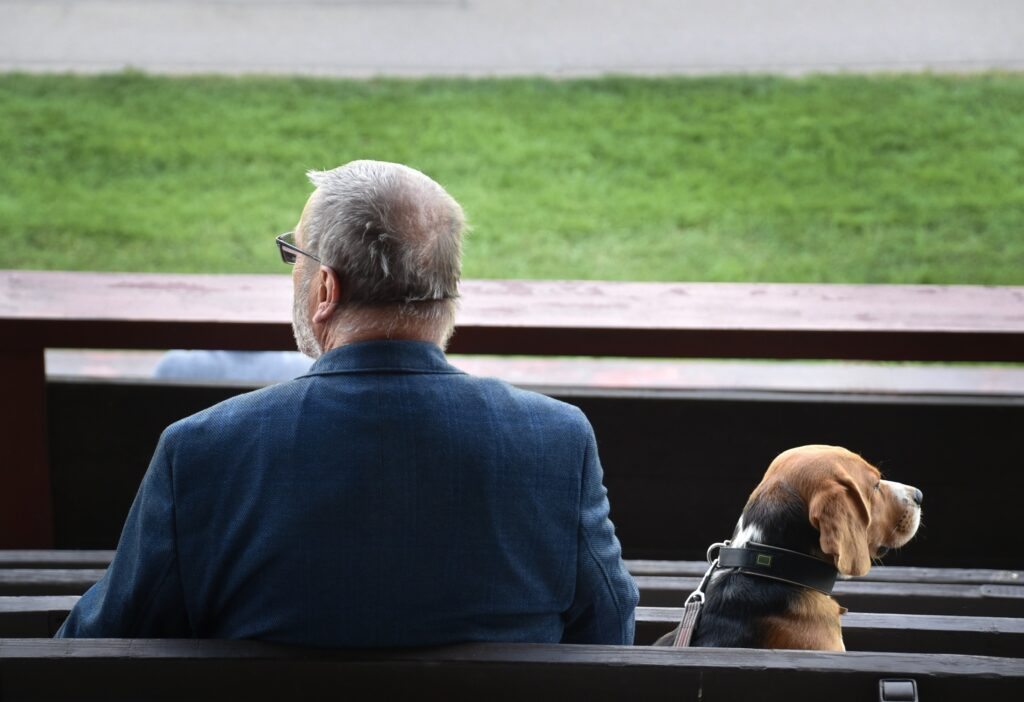
Dogs can complicate your social calendar more than you expect. Invitations for last-minute dinners or weekend getaways may have to be declined because of your dog’s feeding schedule or exercise needs. Friends who aren’t fond of pets may stop visiting, leaving you feeling isolated.
Even when you do host guests, your dog’s unpredictable behavior can create awkward situations. Overly enthusiastic greetings, barking fits, or aggressive reactions to strangers can put everyone on edge. Instead of enjoying carefree social gatherings, you might spend more time managing your dog’s behavior and apologizing for their antics.
8. Dogs Come With a Lifetime Supply of Poop
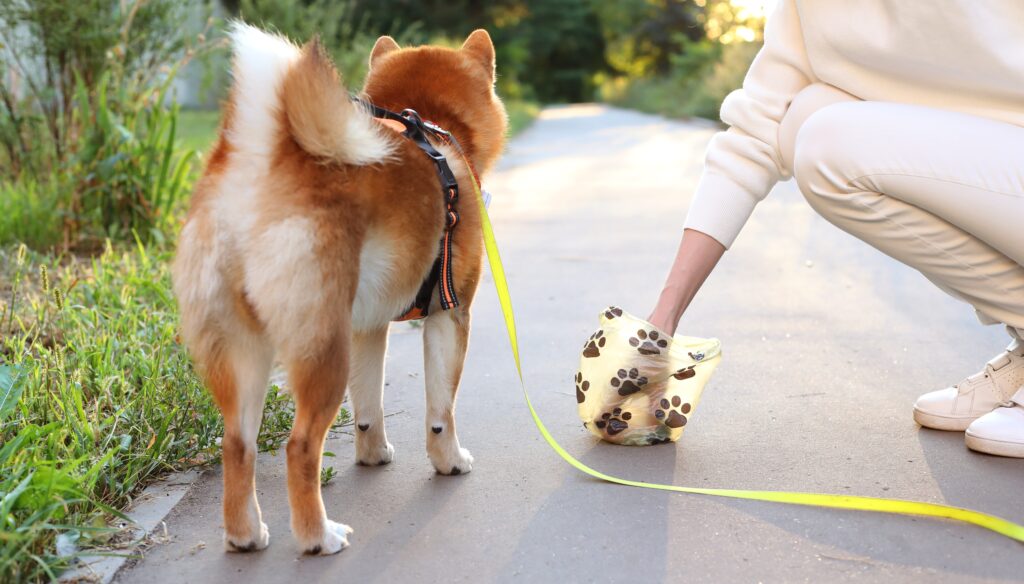
The daily reality of dog ownership includes an endless cycle of picking up after your pet. Morning walks, afternoon potty breaks, and late-night emergencies all come with their fair share of waste management duties. No matter the weather or your mood, the poop bags are non-negotiable.
Over time, this routine can become physically taxing and mentally tiresome. Arthritis, back pain, or mobility issues can make simple cleanup tasks feel overwhelming as you age. While it’s a small price for companionship, it’s an unglamorous and unavoidable aspect of dog ownership that few retirees consider beforehand.
9. Your House Will Never Smell the Same

Even the cleanest dogs bring a unique aroma into your home. From wet fur after rainy walks to lingering pet odors in carpets and upholstery, your house may develop a distinct “pet smell” that’s hard to eliminate completely.
Despite your best efforts with air purifiers, cleaning products, and frequent baths, visitors will likely notice the canine presence the moment they walk in. This can be especially concerning if you’re sensitive to odors or enjoy entertaining guests. Maintaining a fresh-smelling home becomes a constant uphill battle.
10. You Might Pick the Wrong Breed and Regret It Big Time

Choosing the right dog for your lifestyle is more complicated than falling for a cute puppy face. Many retirees select breeds that don’t match their energy levels, physical capabilities, or living situations. High-energy or high-maintenance breeds can quickly turn retirement into a daily struggle.
Even breeds labeled as “low-maintenance” often have quirks or needs you didn’t anticipate—whether it’s separation anxiety, stubbornness, or medical issues. Without thorough research and honest self-assessment, you risk ending up with a dog that makes retirement far more demanding than you ever imagined.
